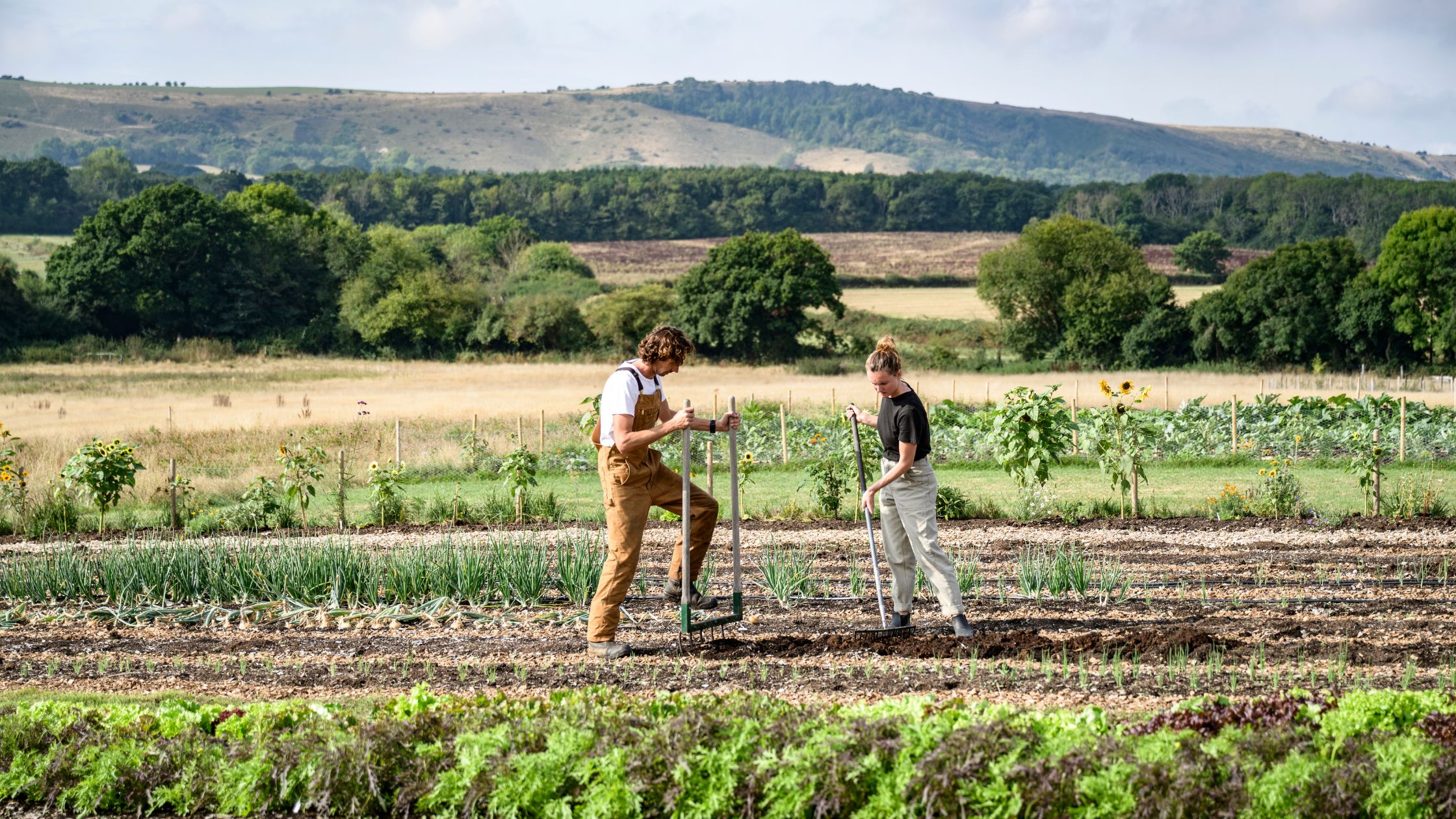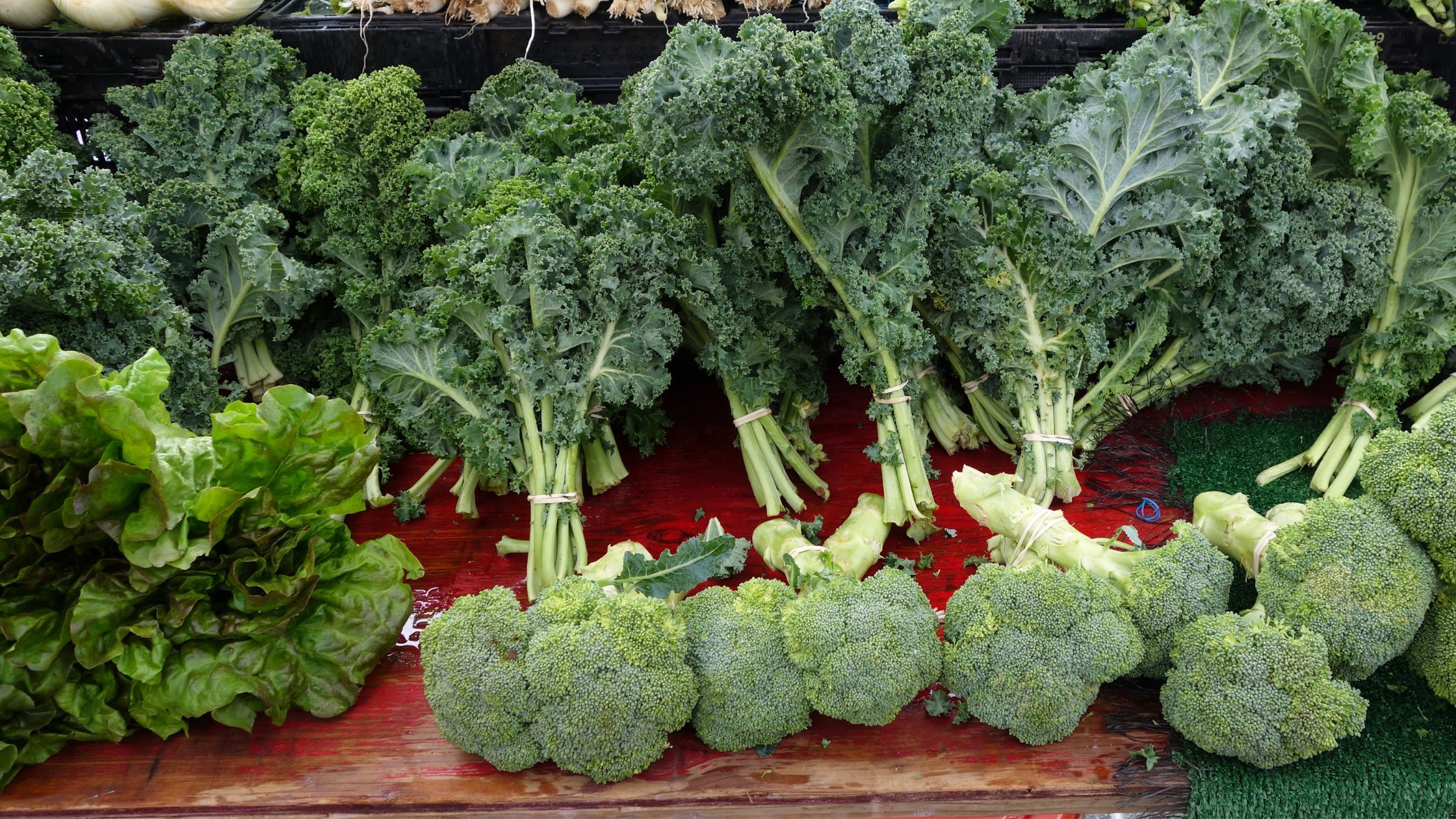What is grounding?
Grounding, also known as earthing, is a simple yet powerful practice of connecting with the Earth's surface, primarily through our bare feet or skin. Our modern lifestyles have led to more of a disconnect from the natural world. We are, surrounded by concrete jungles and walking around in insulated footwear. All of which separates us from the earth. Millions of years ago our ancestors were more connected to the Earth's electromagnetic field because they didn’t have these things.
The science of grounding
Recent research is revealing more information that supports the science behind this ancient practice.
In simplistic terms, the earth can be viewed as a battery which has a negative electrical charge. When we ground ourselves, by exposure through non-insulated skin, with the earth, this helps to stabilize your system. You can ground most effectively by having bare skin on dirt or grass, or through the use of grounding or earthing devices. As you engage in this energy transfer process there are a number of health benefits:
- Reduced Stress: Stress is considered a regular part of modern life. But when you have too much stress, or chronic levels, it’s not healthy. Grounding has been shown to help reduce cortisol levels which can support relaxation. This may, in turn, help with emotional balance.
- Reduced Inflammation: Grounding has been shown to neutralize free radicals and lower pro-inflammatory cytokines which can in turn help reduce inflammation. Often reducing inflammation can also help to decrease chronic pain.
- Better Quality Sleep: Many people share that when they regularly engage in a grounding practice they notice an improvement in sleep. One study found people who slept grounded (using an earthing mat) had more balanced cortisol levels and synchronicity with a 24-hour circadian rhythm.
- Improved Immunity: The more balance your immune system is the faster you can heal from trauma or injury. Studies seem to indicate that after trauma participants who were grounded had a faster recovery time with less pain and inflammation.
- Improved Circulation: How well your blood circulates is an important measure for overall wellness by optimizing nutrient and oxygen delivery to your cells. Studies showed improved circulation after a grounding session and suggested that it might be a helpful health practice for those struggling with cardiovascular disease or diabetes.
- Increased Energy: Grounding is supportive and rejuvenating. It has been reported that people who regularly engage in a grounding practice feel more energetic. It’s like a therapeutic rejuvenation.
How to add grounding to your life
Thankfully, grounding is an accessible and easy practice that can be incorporated into our daily routines:
- Go Barefoot: Whenever possible, kick off your shoes. It’s wonderful to take a leisurely walk, or even just stand still and wiggle your toes, while standing on natural surfaces such as grass, sand, or soil. It’s even better if they’re damp.
- Earthing Mats: Try using a ground mat or grounding sheets. These can be placed on a bed or draped over a chair while working at your desk. This can help you stay grounded while you’re indoors. It’s also a good option to help with grounding for inclement weather.
- Gardening: Engaging in gardening activities. This gets your hands in the dirt and provides a perfect way for you to connect with the Earth and its healing energy. Don’t have a garden? Houseplants count too!
- Hug a Tree: Trees are wonderful and a great way to connect with the earth. They’re so deeply connected through their roots that hugging a tree, or even justs sitting under one and leaning against it can be beneficial.
- Beach Time: Spending time at the shore offers both the calming effects of being by a body of water. And you can walk on the shore or in the water to connect with the earth.
- Read: I highly recommend the book Earthing by Clint Ober. This is the book that introduced me to the concept of this practice.
In summary
As we navigate the modern world with its technological marvels, let’s not forget the how amazing it can be to incorporate the healing power of nature, especially the practice of grounding. When you reconnect with the Earth's energy, you can experience so many benefits including less stress and an improved immune system.
Take time every day to connect with nature!
[expand title="Sources"]
Koniver, Laura. "Practical Applications Of Grounding To Support Health". Biomedical Journal, vol 46, no. 1, 2023, pp. 41-47. Elsevier BV, doi:10.1016/j.bj.2022.12.001.
Menigoz, Wendy et al. "Integrative And Lifestyle Medicine Strategies Should Include Earthing (Grounding): Review Of Research Evidence And Clinical Observations". EXPLORE, vol 16, no. 3, 2020, pp. 152-160. Elsevier BV, doi:10.1016/j.explore.2019.10.005.
Sinatra, Stephen T., at al. Electric Nutrition: The Surprising Health and Healing Benefits of Biological Grounding (Earthing). ALTERNATIVE THERAPIES, SEP/OCT 2017 VOL. 23 NO. 5.
Yum, Byeong et al. "Effect Of Earthing Mat On The Quality Of Sleep". 2020, https://www.e-jehs.org/journal/view.html?pn=&uid=1957&vmd=Full.
[/expand]







